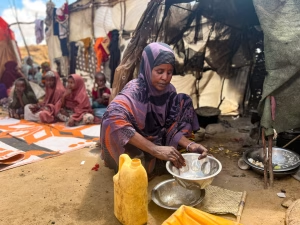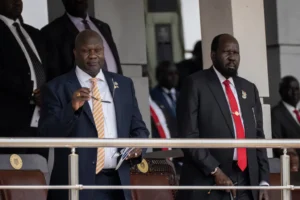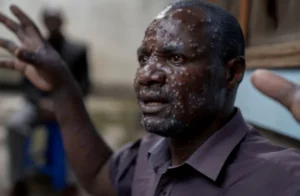Burkina Faso’s military government has suspended a high-profile malaria eradication initiative funded by US billionaire Bill Gates, halting the release of genetically modified mosquitoes across the country.
The suspended program, known as Target Malaria, is backed by the Bill and Melinda Gates Foundation and coordinated by a consortium of more than 150 African and Western researchers. Its goal is to reduce malaria transmission by releasing genetically modified mosquitoes that can suppress the population of malaria-carrying insects.
In a statement issued on Friday, the government ordered Target Malaria to cease “all activities” in Burkina Faso, marking the latest crackdown on internationally funded organizations. The decision comes amid growing scrutiny of NGOs under the military administration of Captain Ibrahim Traoré, who came to power after the September 2022 coup.
Over the past few months, authorities have revoked the licenses of at least 21 foreign or internationally funded NGOs, citing issues ranging from non-compliance to political interference.
A Controversial Technology
Target Malaria carried out its first mosquito release in Burkina Faso in 2019, followed by a second trial this year. The initiative has faced mounting opposition from civil society groups who argue that the genetic modification approach carries ethical, ecological, and social risks.
“This technology is highly controversial and poses ethical challenges. We are saying that we should prioritize safe alternatives,” said Ali Tapsoba, spokesperson for a coalition against the project.
Critics have also accused the project of being influenced by Western interests and have questioned its long-term impact on ecosystems and human health.
The Malaria Burden
Burkina Faso remains one of the ten countries most affected by malaria worldwide. In 2023 alone, the nation recorded over eight million cases and 16,146 malaria-related deaths out of its population of 24 million.
Malaria continues to kill more than 500,000 people annually across Africa, with children under five making up the majority of victims.
Target Malaria Responds
In a statement, Target Malaria insisted it has operated within Burkina Faso’s legal framework since 2012 and emphasized its willingness to engage with the government.
“We remain ready to cooperate,” the consortium said, stressing that its work has always complied with national legislation and international biosafety standards.
What Next?
The suspension of Target Malaria underscores the growing tension between scientific innovation and political sovereignty in African nations. While genetically modified mosquitoes offer a groundbreaking approach to tackling malaria, concerns over ethics, safety, and external influence remain unresolved.
For now, Burkina Faso’s government appears determined to pursue more “traditional” and locally accepted approaches to combating one of the country’s deadliest diseases.











